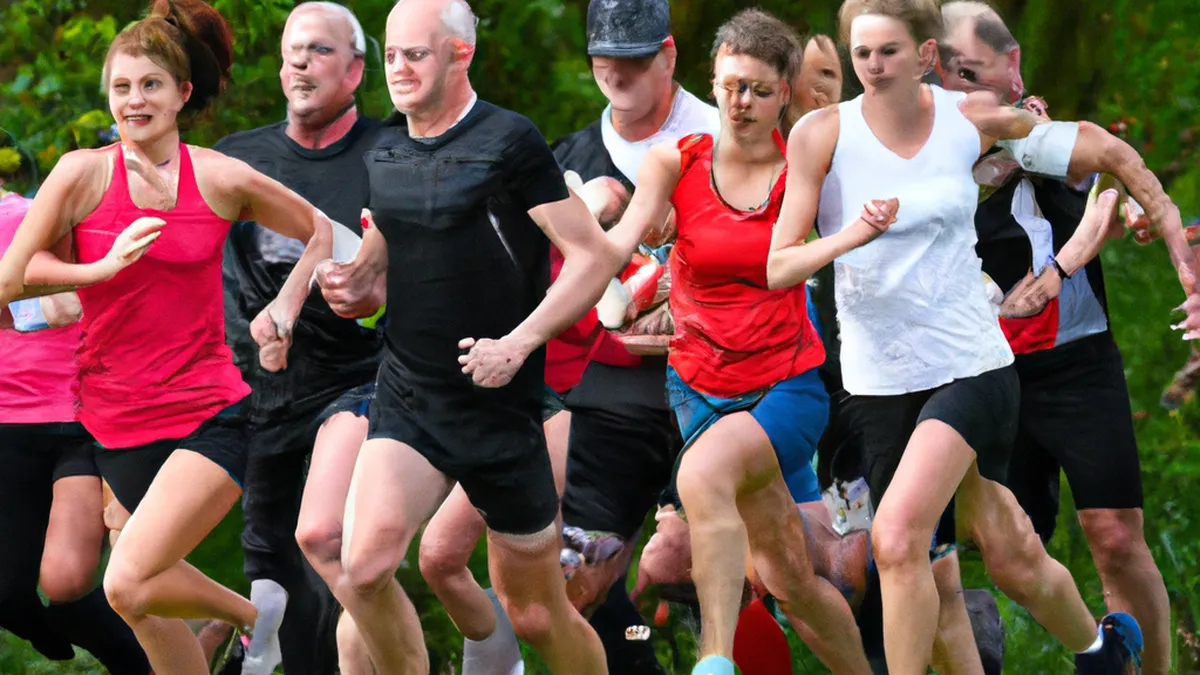Team Chemistry: A Key to Running Excellence
The Role of Group Dynamics in Running Performance Improvement
Many people view running as a solitary activity. Yet, group dynamics significantly impact running performance. Although individual effort matters, social interaction within a group can boost performance and motivation. Runners can enhance their training and achieve goals by understanding group dynamics.
Understanding Group Dynamics
Group dynamics describe interactions among individuals in a group. In running, these dynamics create a supportive environment that influences performance. Runners share experiences and challenges, fostering belonging and camaraderie essential for growth.
Motivation and Accountability
Motivation stands out in group dynamics. Training with others ignites competitive spirits and inspires runners to exceed limits. When someone sets a strong pace, others often follow suit. This collective motivation proves crucial during tough workouts and long runs.
Accountability also enhances performance through group dynamics. Runners feel responsible for their teammates when they train together. This sense of duty discourages skipping workouts and promotes consistency in training, vital for improvement.
Sharing Knowledge and Techniques
Group dynamics encourage knowledge sharing among runners. Seasoned runners provide valuable tips to less experienced members. This exchange fosters an environment of learning and growth. For instance, experienced runners share insights on form and injury prevention.
Constructive feedback benefits group training as well. Peers offer insights into one another’s running techniques, identifying areas for improvement. This collaborative atmosphere promotes continuous learning and encourages better practices.
Tips for Harnessing Group Dynamics
To leverage group dynamics in running, consider these practical tips:
1. Join or Form a Running Group
Find a local running club or create your group with like-minded individuals. Ensure the group shares a common goal, whether training for a race or enjoying camaraderie. A shared purpose unites members and boosts motivation.
2. Set Group Goals
Establish clear, attainable goals for the group. Goals can include completing a specific distance or achieving a race time. Defined objectives create focus and encourage commitment toward a shared outcome.
Conclusion
Group dynamics play a crucial role in enhancing running performance. Runners can improve through motivation, accountability, and knowledge sharing.
Below are related products based on this post:
FAQ
How do group dynamics influence running performance?
Group dynamics significantly enhance running performance by fostering a supportive environment that encourages motivation and accountability. When runners train together, they can inspire one another to push their limits, share experiences, and build camaraderie, all of which are essential for improvement.
What role does motivation play in a running group?
Motivation is a key element in group dynamics. Training with others ignites competitive spirits and encourages runners to maintain a strong pace, especially during challenging workouts. The collective motivation within a group helps individuals stay committed to their training and achieve their goals.
How can I effectively harness group dynamics in my running routine?
To effectively harness group dynamics, consider joining or forming a running group with a shared purpose, such as training for a race or simply enjoying the activity together. Additionally, setting clear and attainable group goals can create focus and enhance commitment, further improving the overall experience and performance of the team.















Post Comment